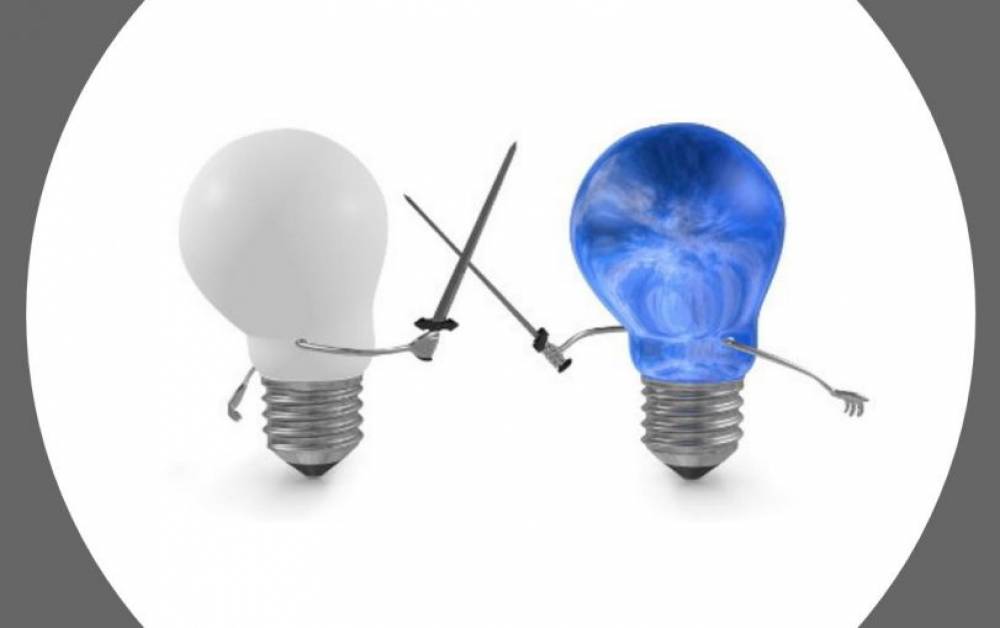What is Patent Infringement and Types of Patent Infringement in India?
- September 03, 2018
- Registrationwala

- Home
- /
- Knowledge Base
- /
- IPR Services
- /
- Patent Complete Registration
- /
- What is Patent Infringement and Types of Patent Infringement in India?
What is Patent Infringement and Types of Patent Infringement in India?
The patent refers to the protection that you provide to your industrial inventions. However, when you are taking industrial inventions into account if there is one thing that you cannot discount is the underhanded tactics that many corporations employ. These mostly come out as stealing the inventions form other industries. However, there are times that these infringements are not so evident and to that end, many individuals are not able to take the steps. Therefore, it is necessary that you understand the answer to the question- “what is trademark infringement in India?”
What is Patent Infringement?
When it comes to the matter of definition of infringement of patent, it is same in India as the rest of the world. Let us start off with a simple definition
If someone is selling, importing, using or reproducing the inventions that have been protected through patent without the consent of the owner of the patent, then it is referred to as patent infringement.
Now, infringement is a sort of offense that is quite easy to do. All the information pertaining to the invention is available to everyone and it is not easy for the industries to resist the temptation of using these inventions or develop their own edition.
While there is use and reproduce the inventions legally through patent licensing, there are institutions in this world who don’t want to bother with the “supposed” hassle and end up just using it like it is free for all.
However, the patent infringement is not such a simple concept to understand; there are multiple types of infringement associated with. These types tend to redefine many aspects of not only infringement but the patent itself.
What are the types of patent infringement?
- Direct infringement: If someone either creates uses or reproduces the product without the consent of the owner of the product’s patent, it is considered to be the direct form of infringement. Now, in this case, there are chances that the infringer doesn’t know he is infringing. However, regardless of this fact, it is still considered to an offense of a direct nature.
- Indirect infringement: Now, if an individual isn’t directly importing, producing or using the patented product. However, they are in fact encouraging others to do so, even that is considered to be an offense. This one here is called indirect infringement.
- Induced infringement: If an individual persuades or induces someone to make a patented product, then that too is considered infringement.
- Contributory infringement: If someone contributes to the infringement. To put it clearly if someone provides the designer the part of the patented product to create a product without the consent of the patent owner, then that too is considered to be an infringement. In this case, it is called contributory infringement.
- Literal infringement: When the infringement is quite clear in every sense, then it is called a literal infringement. When you can literally prove that the direct infringement actually happened, then you call literal infringement.
- Wilful infringement: As the name suggests, this is the infringement that is done on purpose. This is the sort of infringement that presents its own sets of challenges in court. To be precise, it means that you know that you are infringing someone else’s work. To that end, this matter is something that is supposed to be proven rather than a type of infringement.
When it comes to patent registration, these are the types that you should concern yourself with. Understanding them can provide you options if you feel like you are being infringed. Furthermore, if you are on the other side of the spectrum i.e. an infringer, then you should be aware of what to avoid. There are some high-end penalties associated with this offense that you should prevent.
- 3987 views
